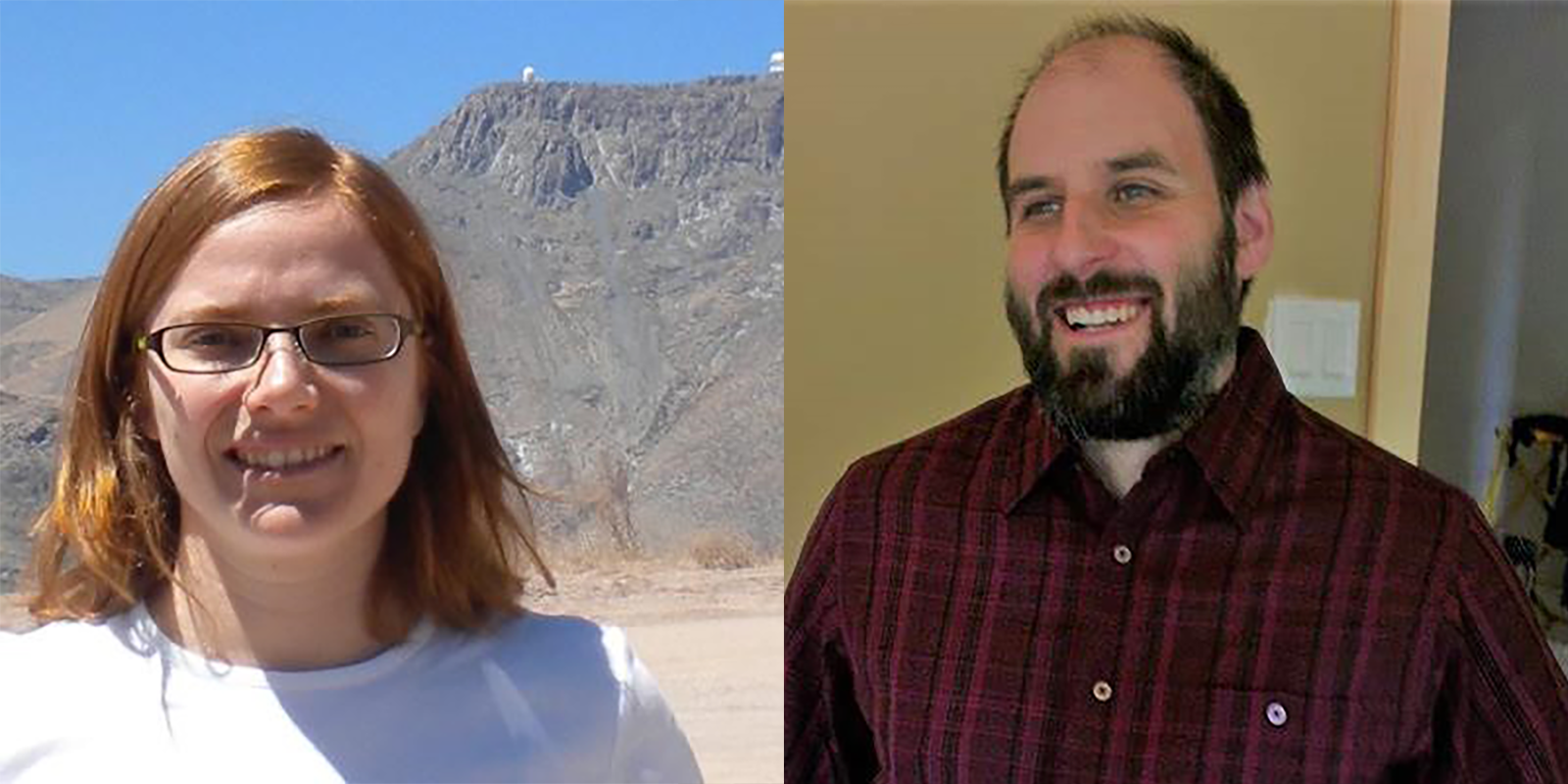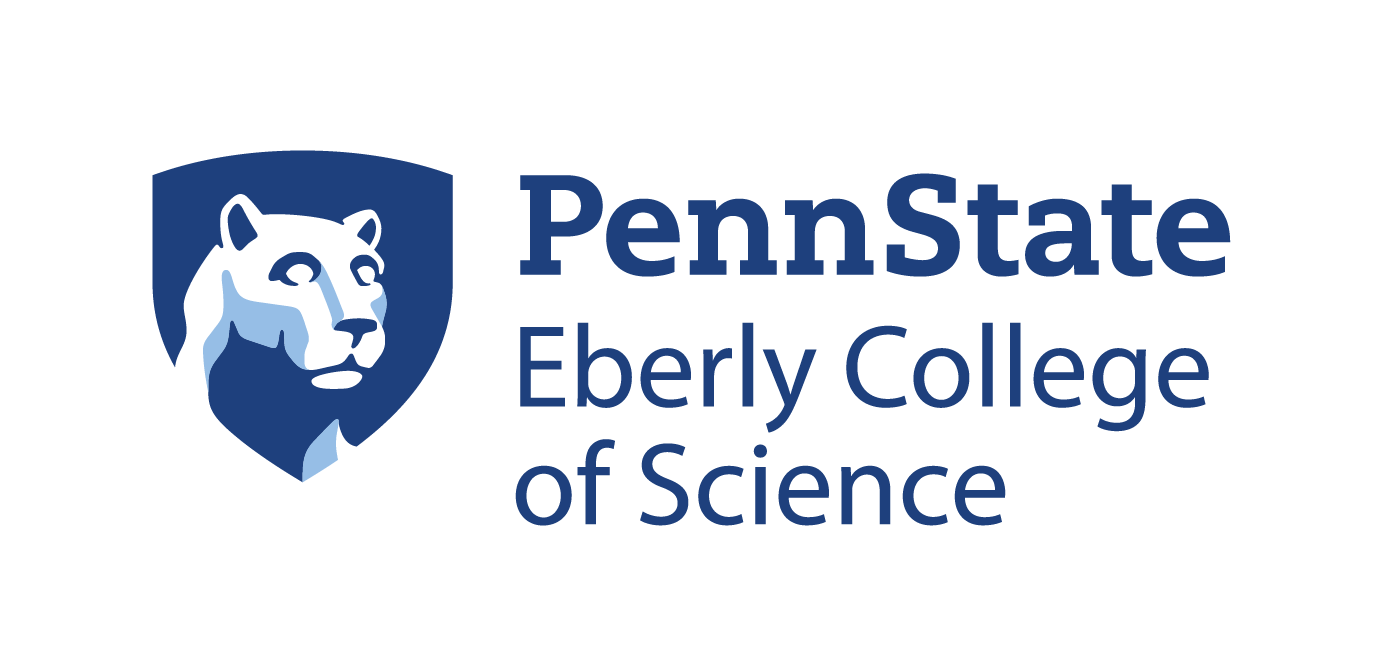The Grove Center is committed to creating an inclusive environment for our educational community. We are also committed to sharing inclusive and equitable teaching learning practices in all our programming. We strive as a community to learn from each other and develop programming and discussion opportunities that reflect the diversity of our college community and the diverse nature of science education.
Equity Pedagogy Fellows
The Grove Center has two Equity Pedagogy Fellows sponsored by Penn State’s Equity Pedagogy Network. The Equity Pedagogy Fellows lead opportunities for learning about equitable practices that include workshops and book club discussions. They also share opportunities to engage in professional development programming offered by the Eberly College of Science, Penn State University, and national disciplinary societies.
- Ana Matkovic, Teaching Professor of Astronomy and Astrophysics
- Russ deForest, Assistant Teaching Professor of Mathematics

Equity Resources
- Penn State Equity Pedagogy Network - The Penn State Equity Pedagogy Network serves as a central hub connecting faculty, staff, and administrators across Penn State who are committed to advancing racial equity. It fosters resource-sharing, collaborative inquiry, and reflective practice. Through this network, participants learn about anti-racist, equity pedagogy models and materials, aiming to institutionalize equitable teaching practices and culturally sustaining curricula.
- Harvard University’s Equity, Diversity, Inclusion, and Belonging Resources - This page offers valuable insights and tools for promoting equity within the science community.
- Equity and Inclusion Practices: Created by the Office of Academic Innovation at Portland State University, this guide introduces a few pedagogies you can adopt into your inclusive teaching practice. They can help facilitate connections and conversations leading to inclusive and equitable learning — but this is not an exhaustive list.
- Paper: Understanding Science Faculty Conceptions of Equity: Dive into how science faculty conceptualize equity and its impact on teaching practices
Inclusive STEM Community
The Inclusive STEM community was started by members of the University wide Equity Pedagogy Network the Eberly College of Science. The community is led by the Eberly College of Science Equity Pedagogy Fellows. This community hosts book clubs and shares announcements regarding upcoming seminars, webinars and events that focus on inclusive pedagogies. The current Fellows are Russ deForest, Teaching Professor of Mathematics and Ana Matkovic, Teaching Professor of Astronomy and Astrophysics.
Universal Design for Learning
Universal Design for Learning (UDL) is a framework that supports equitable practices in education. It ensures that all students, regardless of their backgrounds or abilities, have equal opportunities to learn and succeed. By accommodating diverse learning styles and preferences, UDL makes science education more inclusive and accessible. Flexible assessment methods under UDL promote fairness and allow students to demonstrate their understanding in various ways, leading to better engagement and improved learning outcomes.
The "Plus-One" approach to Universal Design for Learning (UDL) is a practical method for instructors to enhance their teaching strategies. It involves adding an additional learning option to existing materials, thereby accommodating diverse learning preferences and needs. This incremental change can significantly improve accessibility and inclusivity in educational environments, supporting a wider range of student abilities and learning styles. Our team can assist you in considering how you can implement UDL in your instruction.
Resources
- UDL On Campus: Provides an overview of UDL, practical tips, case stories, and links to colleges and universities with UDL initiatives.
- About UDL: Briefly explains UDL for postsecondary settings, offers UDL Guidelines, videos, and additional resources.
- HUDL Resource Library: Contains articles, tips, and strategies related to UDL.
- Tips & Free Resources: Find videos, articles, and more on topics related to inclusive education
Book Clubs
Many of our book club readings help us focus on and reflect on inclusive and equitable practices.






